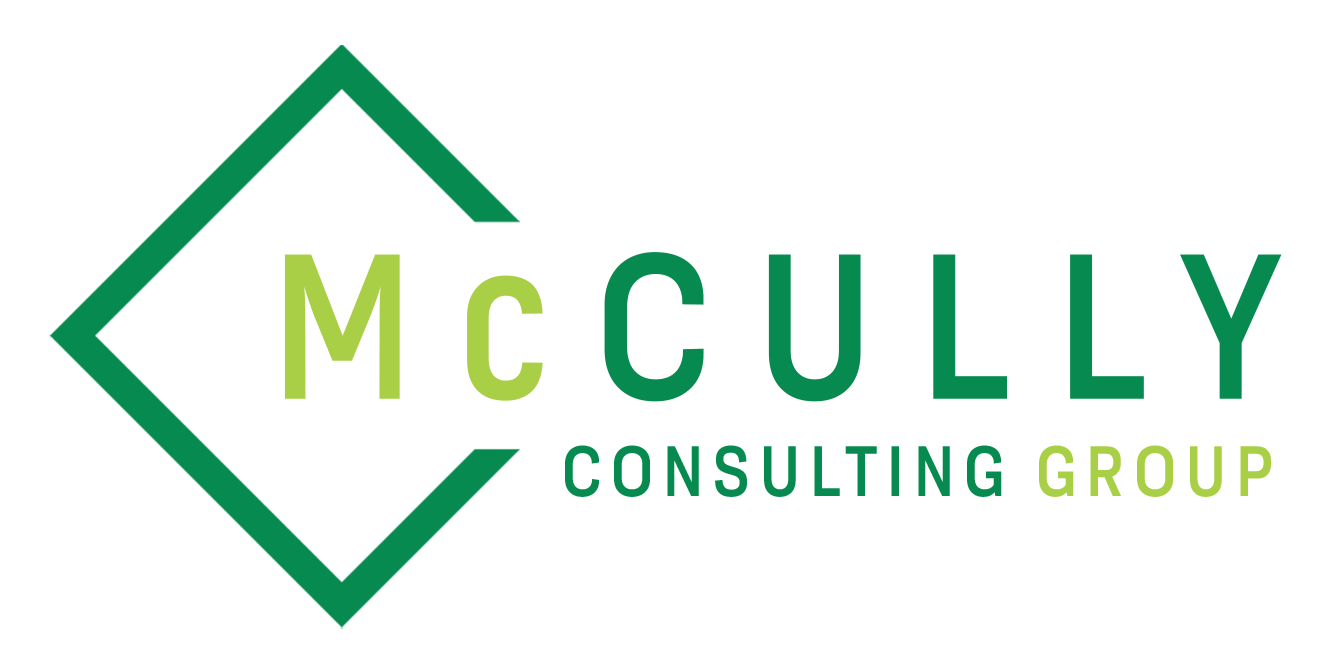It can be costly to start a small business from scratch and most people don’t realize all the hidden costs involved. Being aware of some potentially expensive hidden costs can help a business be more successful in the long run. Be sure to work through a budget and check and recheck prices to pinpoint the best place to buy your product.
Before starting this endeavor, know what needs to be outsourced. For example, if you are not up to date or knowledgeable about web development it might be wise to start by hiring a web developer. In the long run, this will be more cost-effective than trying to do it yourself.
Here are six of the biggest start-up expenses that are often overlooked and cause the demise of many small businesses:
Office Furniture. Desks, filing cabinets, chairs, and lamps these are just a few essential items most businesses will need. Spending more, in the beginning, will help save money in the end by eliminating replacement costs. Buying cheap office furniture will not save money and will cost more time.
Website. Creating and maintaining a website is essential. In today’s world, you might as well not exist without a web presence. Paying a web developer, buying a domain name, and regular updates and maintenance are all necessary expenses when starting a small business. Search engine optimization is also required if you want improved traffic to your site. Having a blog, a forum page, and participating in social media marketing is integral as well. Budgeting will help take the sting out of this sometimes overlooked expense.
Office Supplies. Pens and paper are just the beginning when it comes to office supplies. Don’t forget folders, clocks, water cooler, paper towels, cleaning products, calculators, paperclips, staplers, and so much more.
Printing equipment. Besides the cost of the printer, there is toner, paper, software, and more. Do the research.
Promotional material. Putting your company name and logo on pens, t-shirts, and mugs is a simple way to spread the word about your business. Make sure you budget includes appropriate promotional materials for your business.
Employees. The most expensive part of running a small business is employees. Making sure you know all the costs of having employees is important so there are no budget surprises. Besides salaries, factor in the cost of managing and scheduling employees. Don’t forget workers compensation and employee benefits such as insurance and vacation pay. Purchase payroll software or hire someone to do payroll. Mistakes on quarterly taxes can be quite costly.
Success in business means budgeting start-up costs and careful planning. Knowing start-up and operating expenses as well as cash flow is a must before preparing to make any purchases or bring on employees. Being prepared by researching vendors and supplies, and incorporating these costs into a budget, is a good way to get started.
